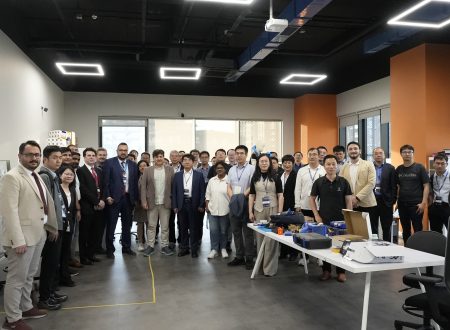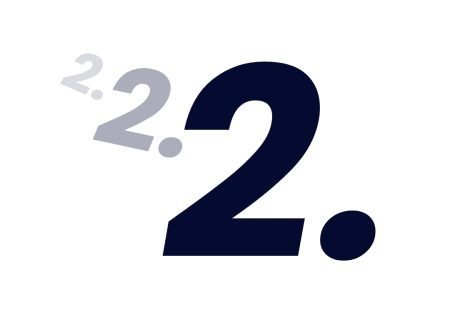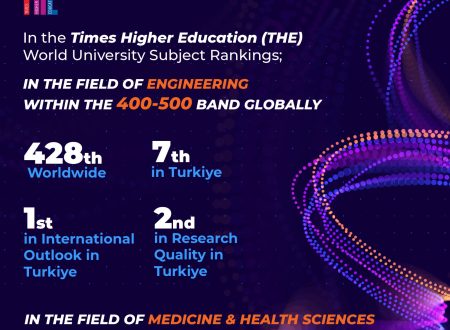A new study has revealed that individuals with a positive attitude toward artificial intelligence (AI) tend to experience lower levels of depression, anxiety, and stress. The research, conducted in collaboration with Fatma Betül Yılmaz, Research Assistant at Istinye University’s Department of Psychology, involved experts from various institutions: Prof. Dr. Seydi Ahmet Satıcı (Yıldız Technical University), Dr. Sinan Okur (National Defence University), and Dr. Simone Grassini (University of Bergen, Norway).
The study examined the relationship between individuals’ attitudes toward AI and their psychological well-being. It found that adults with a favorable perception of AI reported higher overall life satisfaction and a reduced likelihood of developing mental health issues such as depression.
“We Adapted the Scale for the Turkish Context”
In the first stage of the research, the team adapted the Artificial Intelligence Attitude Scale-4 (AIAS-4)—originally developed by Dr. Simone Grassini at the University of Bergen—into Turkish. Explaining the process, Fatma Betül Yılmaz stated:
“We conducted validity and reliability analyses for the Turkish version of the scale and applied it to a sample of adults in Turkey. The results indicated a significant relationship between AI attitudes, personality traits, and psychological health.”
“A Positive AI Attitude Reduces Psychological Distress”
In the second phase, the study focused on the relationship between AI attitudes and mental health and personality traits. Yılmaz noted that individuals who view AI positively show lower levels of depression, anxiety, and stress:
“We found that those with a positive outlook on artificial intelligence had lower psychological distress. Psychological distress was also identified as a mediating factor between AI attitude and mental health. In short, a positive attitude toward AI reduces psychological strain and in turn strengthens mental well-being.”
The study also explored how personality traits correlate with attitudes toward AI. It showed that individuals with traits such as extraversion, conscientiousness, and openness to experience were more likely to have a positive view of AI. Conversely, those with high levels of neuroticism were more likely to hold negative views toward AI.
Fatma Betül Yılmaz emphasized that further research in this area will continue under the guidance of Istinye University’s Psychology Department.







